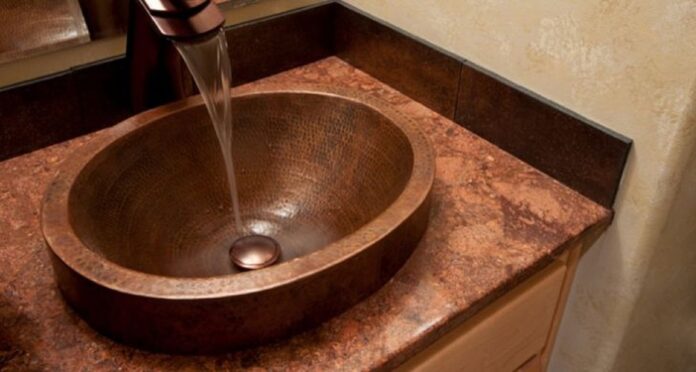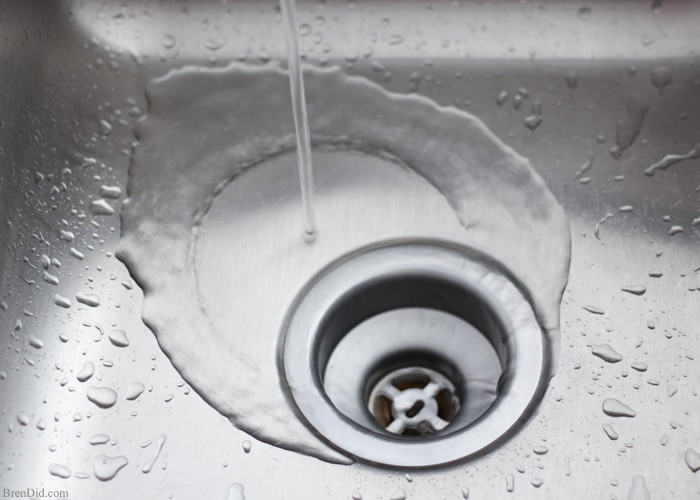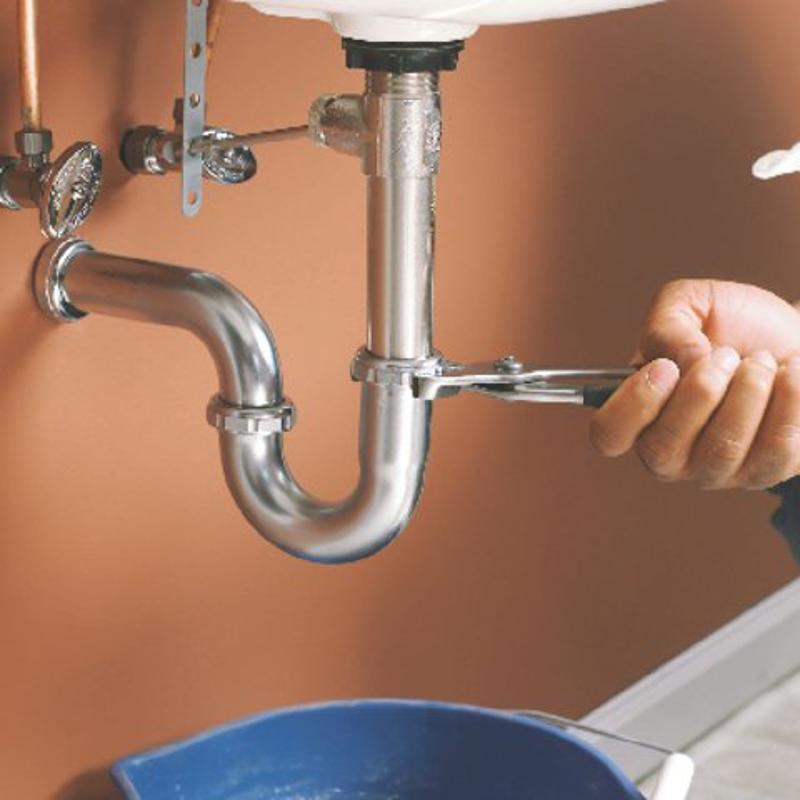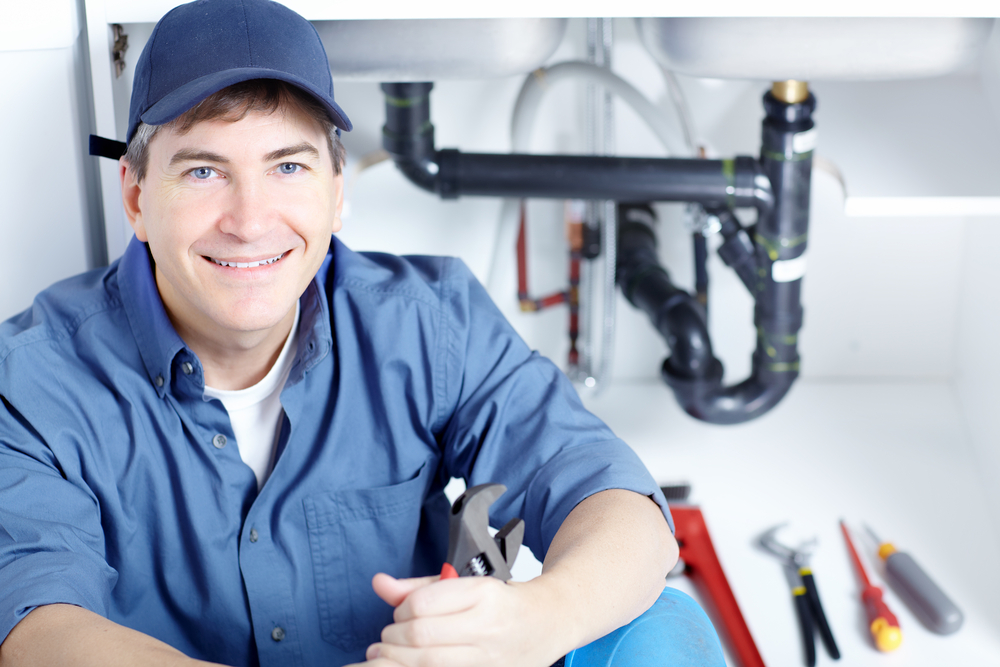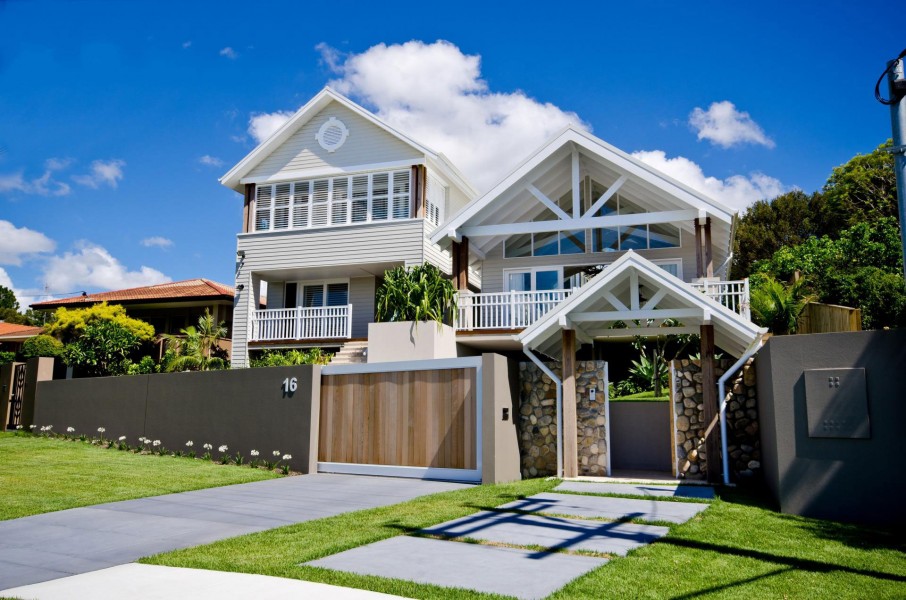You can save money on your ultimate plumbing costs if you choose to be proactive about your plumbing. Here are several proactive plumbing tips.
Wondering why proactive plumbing is so important?
Trying to find the best plumbing tricks and tips to use in your home?
While many people choose to call a plumber to fix problems after they occur, opting for proactive plumbing instead can be incredibly beneficial for your home, your wallet, and your sanity. Not sure why it’s so beneficial or how to do it?
Luckily, we’re here to help. Below we’ll tell you how you can use proactive plumbing to save your pipes and your wallet.
Why You Should Be Proactive With Your Plumbing
Being proactive with your plumbing can save you a lot of money and will ensure that your pipes go longer without experiencing any serious problems. It can also help to reduce odors in your home and will help improve cleanliness.
Serious blockages can make your home smell less than ideal and can ruin the atmosphere you’ve established in your house. Backed up sewage lines and serious blockages can lead to overflowing and can lead to your home smelling bad. It may even negatively affect your health.
Keeping your plumbing maintained and being proactive about it will help you improve home hygiene and cleanliness.
Additionally, keeping your plumbing well-maintained and remaining vigilant will also help you to bring your monthly bills down. With better working toilets, sinks, and pipes, your home will be more efficient and you’ll have to pay less on water bills each month.
If you keep your plumbing well-maintained, you’ll also have to spend less money on major repairs. By being proactive now, you’ll be able to avoid bigger headaches later on.
How to Be Proactive With Your Plumbing
So now that you know the importance of being proactive, how do you do it? Here are a few things you’ll want to keep in mind if you want to keep your plumbing well-maintained.
1. Check Your Drains For Blockages
One of the biggest issues you should jump on immediately if you notice a problem are blockages. If any sinks or drains have been draining slowly lately, it’s important that you take notice and resolve the problem early on.
Very small blockages may just be a minor inconvenience, but more serious blockages need to be dealt with quickly before they cause bigger blockages and serious issues in your plumbing system.
Be sure that you’re being gentle on your drains, and avoid putting things such as cooking grease down your pipes. Certain foods and items may clog up your pipes and cause plumbing problems.
If you do have any clogs in your drains, you may want to try using some unclogging techniques. Using Drain-O or a combination of baking soda and vinegar can be helpful for unclogging a blocked drain.
2. Stop Drips
If you’re hoping to save money with proactive plumbing, then one of the best things you can do is to fix any leaks that are occurring in your home. If you’ve turned your faucet off completely but it still seems to be leaking, you may want to look for a solution.
While a leaky faucet may not seem costly at first glance, it can actually cost you a lot of money over time and utility bills can add up eventually.
Getting a plumber involved or doing some DIY repair may be your best bet for fixing your faucet and avoiding paying more than you have to on utility bills.
3. Install Low Flow Plumbing Fixtures
Another great idea for proactive plumber maintenance is to install low flow plumbing fixtures.
The newer low flow models of showerheads and toilets can be surprisingly effective and may use half or even less water than what you currently have installed. Old showerheads and toilets can waste gallons of water with each use and this can add up when it comes time to pay your water bill.
Older plumbing fixtures are also more prone to problems. Installing newer ones will help prevent the need to hire a plumber to repair serious issues later on.
4. Be Easy On Old Pipes
Whenever possible it’s a good idea to be gentle on your plumbing line, particularly if you have an older home. Old homes often have plumbing lines that may not withstand a lot of intense use.
Using toilet paper that is meant to degrade more easily and that will be easier on old pipes is one simple thing you can do to protect your plumbing and minimize the need for repairs. It can also be helpful to use only soaps that are environmentally safe and friendly in your home.
Additionally, a water softener can also be a helpful tool that will help to prevent deterioration and corrosion in your plumbing.
5. Call a Plumber
One of the best things you can do for proactive plumbing is to hire a great plumber.
If you really want to be on the ball then it’s a good idea to check out these services and call a plumber at the first sign of trouble. The quicker you’re able to stop plumbing problems in their tracks the more likely it will be that they won’t snowball into bigger issues.
Additionally, when you do need to call a plumber to fix a problem, make use of them when they’re at your home. In addition to fixing your issue, have a plumber give your home a checkup while they’re around to see if there are any issues that need to be looked into.
Deciding to Adopt Proactive Plumbing Habits
Instead of making big repairs every time that something goes wrong in your plumbing line, you should consider getting serious about proactive plumbing. Proactive plumbing can save you a lot of frustration and headaches, so it can be well worth using the tips above when caring for your home.
Looking for more home improvement tips? Explore our blog now to find more useful articles and advice.

